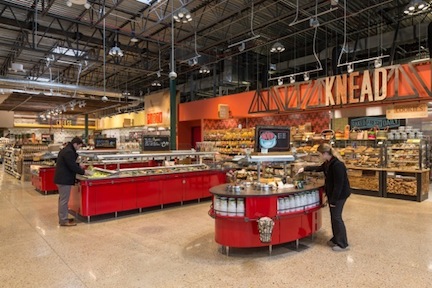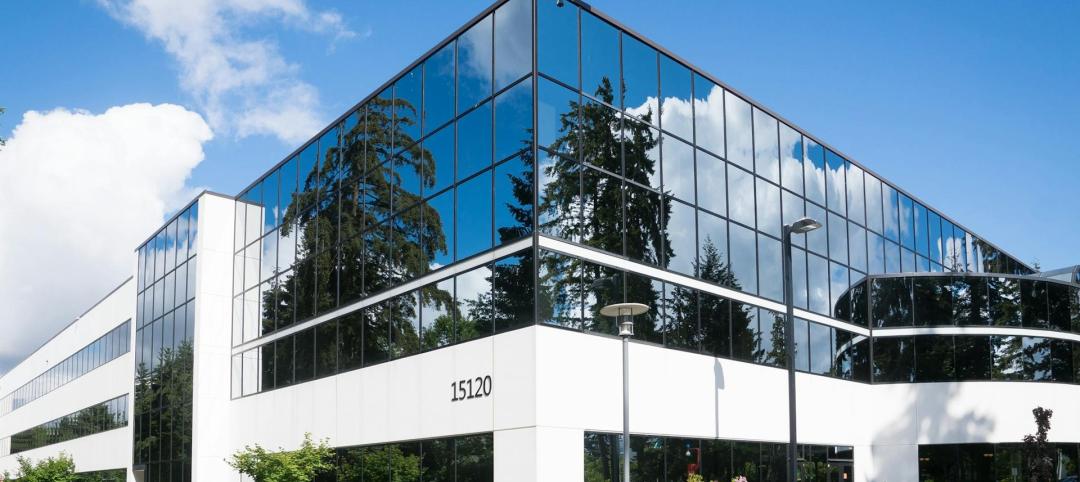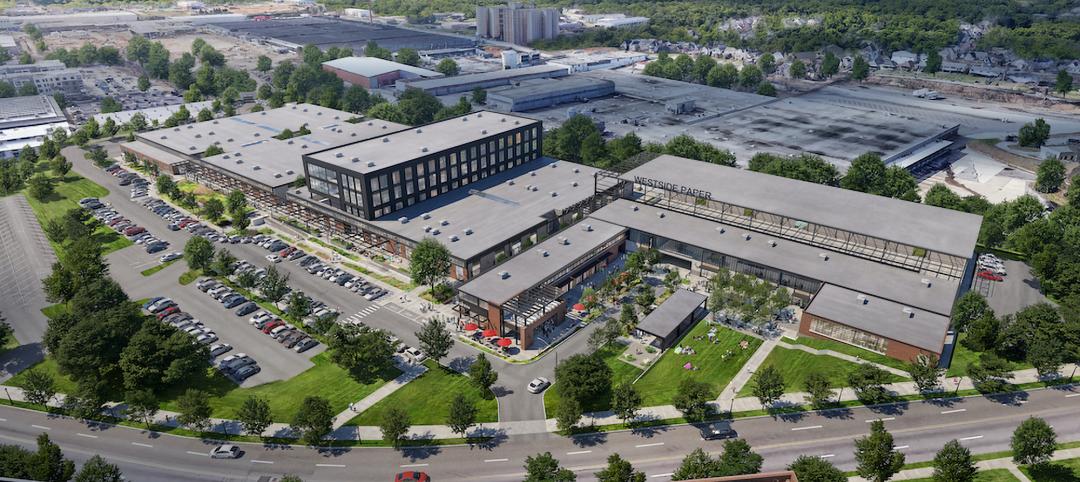Portland, OR – The Green Building Initiative® (GBI) has announced a wave of Green Globes certifications for new grocery stores across the nation.
The properties include New Seasons Markets in Oregon, and Whole Foods, Price Chopper, Aldi’s, Harris Teeter, Wegmans, and Publix stores across the country.
New Seasons director of construction and facilities Wayne Pipes said Green Globes certification helps validate the company’s sustainability story. “We were the first B-Corp grocer in the world—sustainability is part of our DNA,” Pipes said. “We're classified a Zero-Waste company, and using less energy is part of who we are. Green Globes help make our mission clear throughout the community at large as we continue to grow.”
“Grocers’ need for refrigeration make energy-efficient construction and operations especially critical, both from an environmental and an economic standpoint,” Jerry Yudelson, president of Green Building Initiative, said. “Green Globes is ideal for retail environments because of its integration with the ENERGY STAR® program—which includes supermarkets as a building occupancy category—and because it accommodates different building scenarios by not applying penalties for features that aren’t applicable.”
To date, nearly 50 Whole Foods stores have been certified or are now in the Green Globes process. In 2013 Whole Foods expanded its sustainability efforts by taking its first existing building through Green Globes, a store in the Hollywood district of Portland, Oregon, which earned a Three Green Globes Rating.
“If you’re looking for ways to reduce your building footprint or wondering where your facility stands on the green spectrum, this [Green Globes] process has a lot of merit,” Whole Foods Pacific Northwest Region construction manager Bob Gordon said. “The comprehensive evaluation looked at both how the building was built and is operated. It will help us piece together a preventative maintenance program for the whole region. In the long-term, the Green Globes suggestions save money and enhance the facility.”
The Green Globes certification process also incorporates the EPA’s GreenChill Store Certification Program for Food Retailers, which recognizes individual stores for using environmentally friendlier commercial refrigeration systems. Stores also can achieve certification under GreenChill itself.
About the Green Building Initiative™ - The GBI is a nonprofit organization and American National Standards Institute (ANSI) Standards Developer dedicated to accelerating the adoption of green building practices. Founded in 2004, the organization is the sole U.S. provider of the Green Globes® and federal Guiding Principles Compliance building certification and professional accreditation programs. http://thegbi.org.
Related Stories
Industry Research | Jan 23, 2024
Leading economists forecast 4% growth in construction spending for nonresidential buildings in 2024
Spending on nonresidential buildings will see a modest 4% increase in 2024, after increasing by more than 20% last year according to The American Institute of Architects’ latest Consensus Construction Forecast. The pace will slow to just over 1% growth in 2025, a marked difference from the strong performance in 2023.
Giants 400 | Jan 23, 2024
Top 110 Medical Office Building Architecture Firms for 2023
SmithGroup, CannonDesign, E4H Environments for Health Architecture, and Perkins Eastman top BD+C's ranking of the nation's largest medical office building architecture and architecture engineering (AE) firms for 2023, as reported in the 2023 Giants 400 Report.
Giants 400 | Jan 22, 2024
Top 100 Outpatient Facility Architecture Firms for 2023
HDR, CannonDesign, Stantec, Perkins&Will, and ZGF top BD+C's ranking of the nation's largest outpatient facility architecture and architecture engineering (AE) firms for 2023, as reported in the 2023 Giants 400 Report. Note: This ranking includes design revenue for work related to outpatient medical buildings, including cancer centers, heart centers, urgent care facilities, and other medical centers.
Construction Costs | Jan 22, 2024
Construction material prices continue to normalize despite ongoing challenges
Gordian’s most recent Quarterly Construction Cost Insights Report for Q4 2023 describes an industry still attempting to recover from the impact of COVID. This was complicated by inflation, weather, and geopolitical factors that resulted in widespread pricing adjustments throughout the construction materials industries.
Transit Facilities | Jan 22, 2024
Top 40 Transit Facility Architecture Firms for 2023
Perkins&Will, HDR, Gensler, Skidmore, Owings & Merrill, and HNTB top BD+C's ranking of the nation's largest transit facility architecture and architecture engineering (AE) firms for 2023, as reported in the 2023 Giants 400 Report. Note: This ranking includes design revenue for work related to bus terminals, rail terminals, and transit stations.
Hotel Facilities | Jan 22, 2024
U.S. hotel construction is booming, with a record-high 5,964 projects in the pipeline
The hotel construction pipeline hit record project counts at Q4, with the addition of 260 projects and 21,287 rooms over last quarter, according to Lodging Econometrics.
Modular Building | Jan 19, 2024
Virginia is first state to adopt ICC/MBI offsite construction standards
Virginia recently became the first state to adopt International Code Council/Modular Building Institute off-site construction standards.
Office Buildings | Jan 19, 2024
How to strengthen office design as employees return to work
Adam James, AIA, Senior Architect, Design Collaborative, shares office design tips for the increasingly dynamic workplace.
Modular Building | Jan 19, 2024
Building with shipping containers not as eco-friendly as it seems
With millions of shipping containers lying empty at ports around the world, it may seem like repurposing them to construct buildings would be a clear environmental winner. The reality of building with shipping containers is complicated, though, and in many cases isn’t a net-positive for the environment, critics charge, according to a report by NPR's Chloe Veltman.
Adaptive Reuse | Jan 18, 2024
Coca-Cola packaging warehouse transformed into mixed-use complex
The 250,000-sf structure is located along a now defunct railroad line that forms the footprint for the city’s multi-phase Beltline pedestrian/bike path that will eventually loop around the city.

















